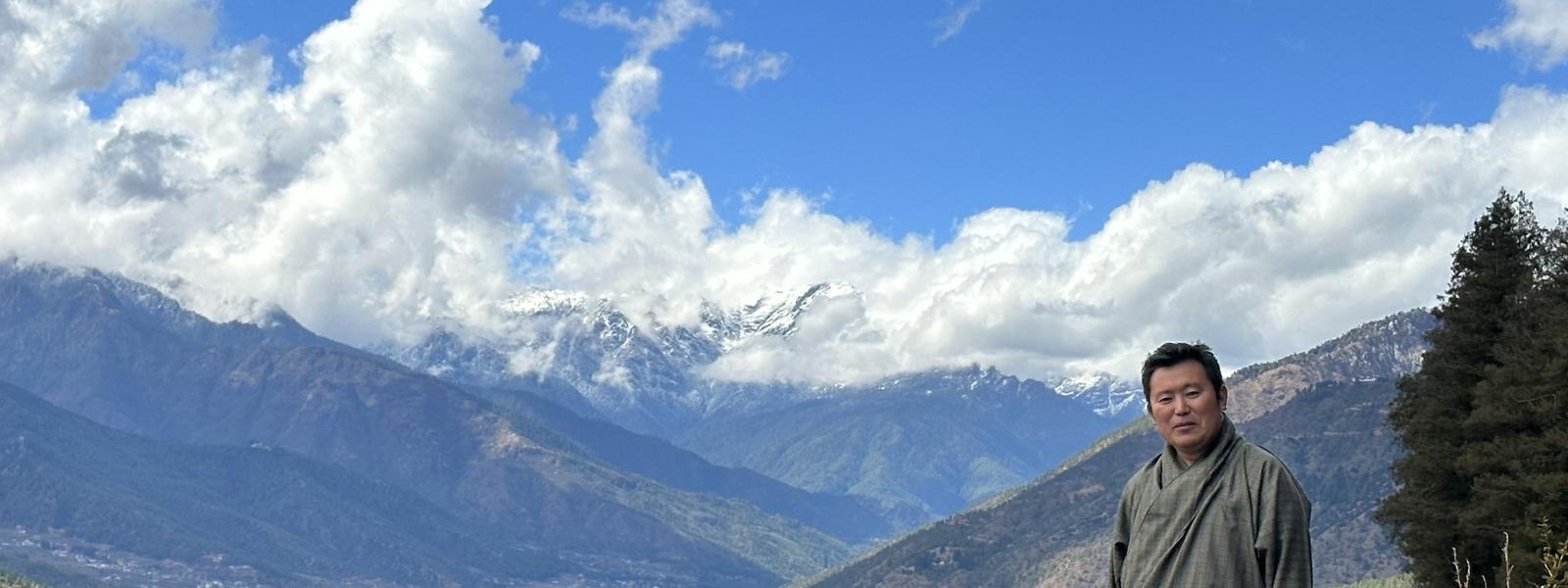Bhutan travel guides
A Bhutan holiday typically starts in Paro, where the spectacular Tiger’s Nest monastery - one of the country’s must-see highlights - clings implausibly to the rugged mountainside, or relatively nearby Thimphu, the country's gentle capital. From there, the rolling green horizon of Bhutan’s extraordinary forests beckon for a true escape from the world. The country is the first in the world to be Carbon negative, and travel here remains as low impact as it’s possible to be. Bhutan has stepped aside from the path of mass tourism, and the relatively few travellers who visit are warmly welcomed.
Our big three in Bhutan
Obviously there's a lot more, this is just to get you started...
Fresh air & mountain trekking
It should come as no surprise that Bhutan is a highly sought-after destination for trekking holidays. Routes tend to be less-developed than other Himalayan countries, and perhaps a little wilder at times, but the reward is a sense of splendid isolation. The best-known trail is the eight-day Jhomolhari Trek - a stunning and challenging mountain pilgrimage - and for seriously experienced hikers, the 25-day Snowman Trek from Paro to Lunana, traversing the border between Bhutan and Tibet, is packed with adventure. It’s advisable to aim for a spring or autumn departure if you want to make the most of the epic scenery, as the skies are a lot clearer and the best routes are fully open.

Celebration and reverence
This is the last remaining Buddhist kingdom in the world, and the country’s spirituality is key to understanding its history, culture and traditions. Beyond the fortified dzongs, and breathtaking temple complexes such as the Tiger’s Nest, the country is dotted with ancient monasteries which lend themselves to peaceful contemplation, meditation, and celebration. Many religious and cultural festivals take place throughout the year, and the highlights include the Jambay Lhakhang Fire Festival, which normally takes place in late October. This five-day celebration at a Bumthang temple culminates in a spectacular ritual, as daring revellers run through a burning structure - naked!

Gross National Happiness
Even when periodic traffic jams bring movement to a halt on the main roads, there’s an intriguing sense of contentment among the locals. No-one seems too stressed about it. While this may seem a little stereotypical, so many people you encounter in Bhutan come across as very satisfied with their lot in life. This may well be linked to Bhutan’s philosophy of Gross National Happiness (GNH), which prioritises the wellbeing of its citizens. GNH is an official government policy, devised by the king, and incorporates conservation of the environment, sustainable socio-economic development, and the promotion and preservation of Bhutanese culture. As you travel around this Himalayan idyll, you may be surprised how easy it is to slip into a laid-back, Bhutan state of mind.


